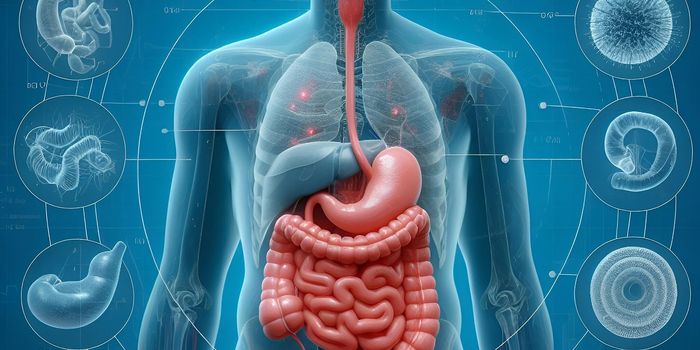Researchers have
developed a new blood test that can survey all 174 of known genes involved in 17 inherited heart conditions. The test, called the TruSight Cardio Sequencing Kit, is already in use at the Royal Brompton & Harefield National Health Service (NHS) Foundation Trust in the UK, and many are hailing it as a breakthrough in the diagnosis of inherited cardiovascular diseases.

Inherited cardiac conditions are genetic diseases that affect the heart and circulation. These include aortic valve disease, long and short QT syndrome, arrhythmia syndromes, and most cardiomyopathies.
Knowing the mutation status of heart-related genes is crucial to confirm a cardiac diagnosis and inform patient care management. As with most conditions, patients benefit from early detection and diagnosis of their inherited heart conditions.
"Without a genetic test, we often have to keep the whole family under regular surveillance for many years, because some of these conditions may not develop until later in life. This is hugely costly for both the families and the health system," said James Ware, lead study author and consultant cardiologist at Royal Brompton Hospital.
Current diagnostic tests search for mutations by piecemeal, which is inefficient and costly to the patients. Moreover, these tests sometimes miss key causative mutations because of their limited scope.
To solve this oversight and to increase the speed of diagnosis, researchers at the Imperial College London designed a panel test that gives a bird’s eye view of the patient’s genetic status. The TruSight blood test simultaneously assesses 174 known heart-related genes for mutations that increase the risk of 17 heart conditions. And it can do this with just a blood sample from the patient, from which DNA can be extracted and sequenced.
In a validation test, the team analyzed blood samples from 384 patients and found that TruSight correctly identified all mutations in the samples with 100% sensitivity and specificity. This result is truly impressive, achieving a highly coveted status in the field of medical diagnostics.
In addition to being highly accurate, the new test also surpasses current diagnostic tools in terms of speed, reliability, and cost. The researchers hope to implement this diagnostic test to hospitals and clinics across the world, to aid in the detection and treatment of inherited heart conditions.
Referring to the TruSight test, Prof Peter Weissberg, medical director at the Royal Brompton Hospital, said, “This research represents an important step along this path. It means that a single test may be able to identify the causative gene mutation in someone with an inherited heart condition thereby allowing their relatives to be easily tested for the same gene.”
Additional source:
MNT
 Inherited cardiac conditions are genetic diseases that affect the heart and circulation. These include aortic valve disease, long and short QT syndrome, arrhythmia syndromes, and most cardiomyopathies.
Inherited cardiac conditions are genetic diseases that affect the heart and circulation. These include aortic valve disease, long and short QT syndrome, arrhythmia syndromes, and most cardiomyopathies.







